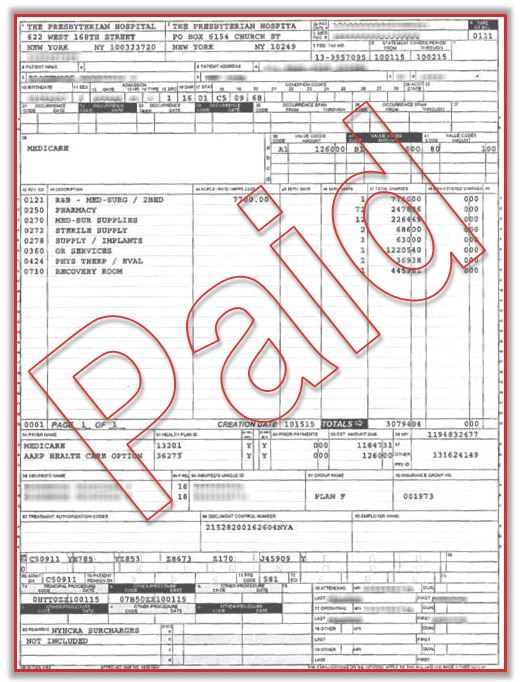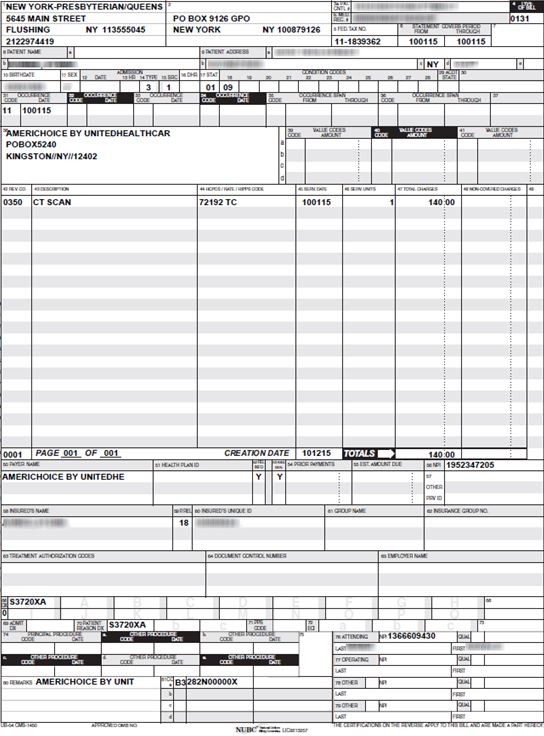SUMMARY OF EVENTS
As the week closes, word from our Patient Financial Services (PFS) divisions at Cornell and Columbia indicate the previously submitted claims are beginning to generate acknowledgements from insurance carriers and are being prepared for claims processing and payment. Yet another significant milestone in the ongoing transition. Coding production remains stable and the impact of ICD-10 to HIM productivity appears to be minimal at this stage. Ambulatory care operations and corrections to enabling technologies and interfaces are aiding in the reduction of erroneous registrations and continued use of ICD-9 codes. Support Center staff are diligently working to troubleshoot and resolve any remaining and flawed encounters in advance of October 12, the first day that October 1 outpatient encounters are eligible for billing. An ongoing summary of the project is listed below and the full presentation can be found here.
OVERALL IMPACT
The impact of the ICD-10 transition on patient care/patient experience activities continues to remain minimal. Financial and operating metrics remain largely stable indicating that the transition to ICD-9 has not necessarily impacted our or the insurance industry’s ability to continue processing in ICD-9. A temporary increase in the unbilled receivable due to a billing system issue for inpatient cases has been resolved and is expected to return to normal levels on Monday, October 12. Documentation Improvement specialists in HIM continue to generate increased volumes of provider inquiries in an effort to take advantage of the specificity available in ICD-10.

ITEMS BEING RESOLVED
Continued diligence by the Eagle IT team appears to have resolved the inpatient billing issue that affected a subset of October 1, 2015 discharges and these cases are prepared to bill on Monday, October 12. An interface issue between Allscripts SCM and the billing system was identified and fixed that should aid in the receipt of OCD-10 codes on ambulatory encounters using electronic Superbill. Research is being conducted on a potential interface or file extract issue between the R4 system used at Lower Manhattan Hospital and the billing system. An updated implementation issues log can be found here.

SUPPORT CENTER ACTIVITY
Staff received 3 phone calls and 1 e-mail inquiry while correcting approximately 425 additional outpatient encounters erroneously assigned ICD-9 codes. In total, the Support Center has logged 91 issues and 20 remain open. Implementation alerts and ICD-10 transition aids have been developed and deployed for closing outpatient encounters and correction of unmapped health issues. The monitoring and auditing effort has resulted in verifying more than 99% data integrity for Inpatient, Ambulatory Surgery, and ED encounters. The ICD-10 AnTENna website recorded an additional 176 hits.
REMEMBER
- ICD-10 Diagnosis Codes are 3 – 7 characters, alpha-numeric, and ALWAYS begin with a letter
- ICD-10 is date of service/date of discharge sensitive
- DO NOT insert decimal points when entering ICD-10 diagnosis codes in Eagle
- Use ICDx to assist with documentation efforts in Sunrise Clinical Manager (SCM)
- Correct old health issues by clicking the health issue, selecting ‘update preferred mapping, select the ICD-10 code, and clicking ‘Accept”
- Code conversions with multiple options presented in the NYP Code converter should prioritize the choices with bidirectional arrows
- Close open outpatient encounters as quickly as possible to ensure timely billing
HELP
For continued assistance and inquiry, please call the ICD-10 Support Center at 646-NYP-9-2-10 (646-697-9210), e-mail ICD-10Help@nyp.org, or visit the ICD-10 AnTENna webiste.



